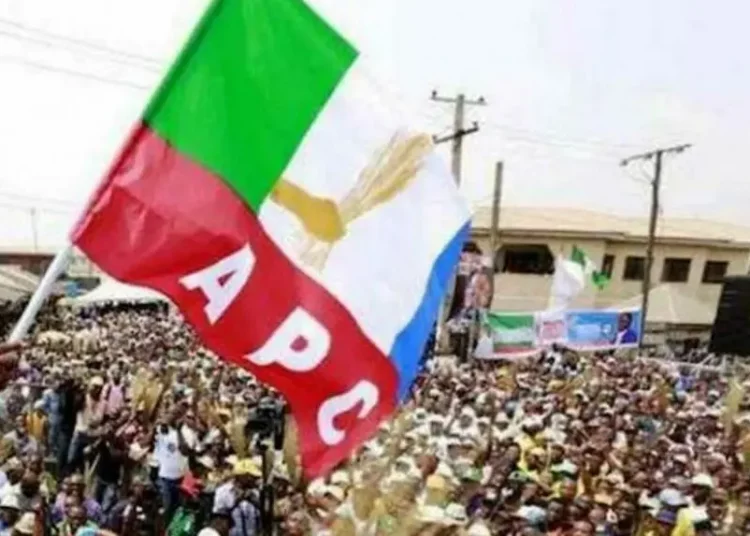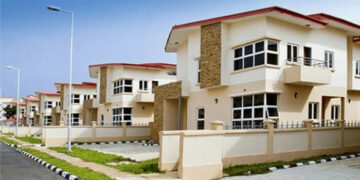In July 2013, the Independent National Electoral Commission officially delisted the Congress for Progressive Change, the Action Congress of Nigeria and the All Nigeria People’s Party.
In their place, the commission approved a merger of the three political parties to form the All Progressives Congress. It was a political merger of the major opposition parties that would eventually topple the then ruling party, the Peoples Democratic Party, in the 2015 presidential election. The formation of the APC was however so much more than the merger of opposition parties. It was an alliance between the north as a political entity and its southwest counterpart.
This was historic. Since independence, the southwest as a region was the designated official opposition in the country’s politics. In ideology and politics, the ACN, which at the time of the merger was led by Bola Ahmed Tinubu, was the inheritor of Chief Obafemi Awolowo’s Action Group of the 60’s and the United Party of Nigeria in the second republic. And apart from periods when the formation of political parties was teleguided by military rulers, the merger would make it the first time in Nigeria that the southwest was not represented with a distinct regional party.
The merger meant different things to different people, but to most Nigerians, it was a special purpose vehicle to actualise a Muhammadu Buhari presidency. Buhari, despite having a cult-like following in northern Nigeria, had tried thrice and failed to get elected as president. A regional alliance was his last option. Notable Nigerians, from former president Olusegun Obasanjo to Sule Lamido, a former governor of Jigawa State, felt that the APC was a one-man party and would collapse after him. President Buhari is now seven years into his two-term presidency. During that period and in preparation for the 2023 general elections, the president has now gone out of his way to ensure the party survives his presidency. Two days before the June 8 presidential primary, the predicted implosion of the party was a real possibility. The national chairman of the party, Sen. Abdullahi Adamu, was reported to have named Senate President Ahamad Lawan as the consensus candidate of the party for the 2023 presidential election. But for the insistence of northern governors that the presidency must go to the south, Lawan would have been imposed on party faithful. The governors’ courageous stand is good for the national democratic development.
We are of the strong view that a Lawan candidacy would have spelt doom for the north/ southwest alliance of the APC, and would seriously affect the party’s chances of winning elections at the national level. As it turned out, Tinubu emerged victorious at the party primary. And so, the alliance holds for now. Tinubu helped propel Buhari to victory in 2015, but there is little doubt that, today, Buhari has provided Tinubu with the national platform to contest the presidency.
The outcome of the February 25, 2023 presidential election will however determine APC’s future. Defeat at the election could prove an existential threat to the party particularly because it is more a regional alliance than a national party. Key elective positions in the country are shared between the north and the southwest. The southeast, which should normally have produced the Speaker of the House of Representatives, was completely shut out.
This newspaper believes this is not sustainable in the long run. If the rotation of political offices is going to be maintained, it cannot be between only the north and the southwest. There is a reason the opposition PDP remains viable today after seven years in opposition. On its platform, Olusegun Obasanjo from the southwest was elected president, just like Umaru Yar’Adua from the north and Goodluck Jonathan from the south-south. While the party has failed to live up to its promise of zoning the presidency to the southeast, it has been far more accommodating to the region, ceding the Senate presidency to it between 1999 and 2007, and the deputy Senate presidency between 2007 and 2015.
Should the APC emerge victorious at the presidential election, it needs to show more consideration for Nigeria’s diversity not only for its own survival but for the unity and progress of the country. While this paper has no preferred candidate or political party for the 2023 presidential election, it, however, holds the view that all parties should have a national outlook. Restricting political consideration to only two regions defeats the purpose of constitutional requirements for candidates to win at least 25 percent of votes in two-thirds of the states and the federal character principle enshrined in the constitution.




